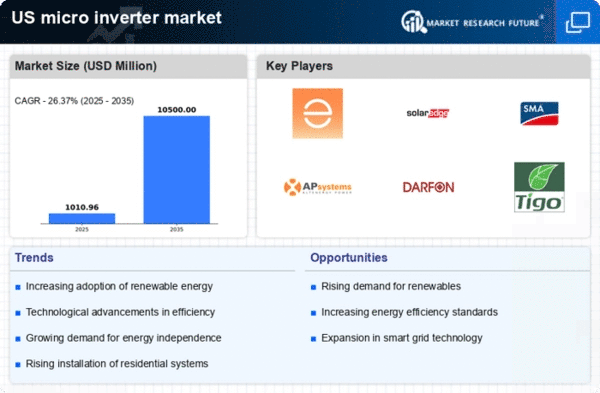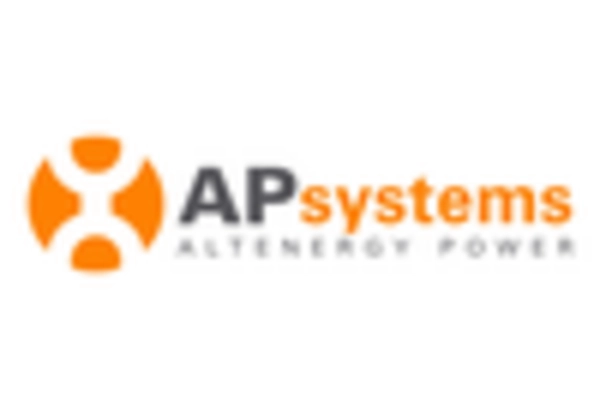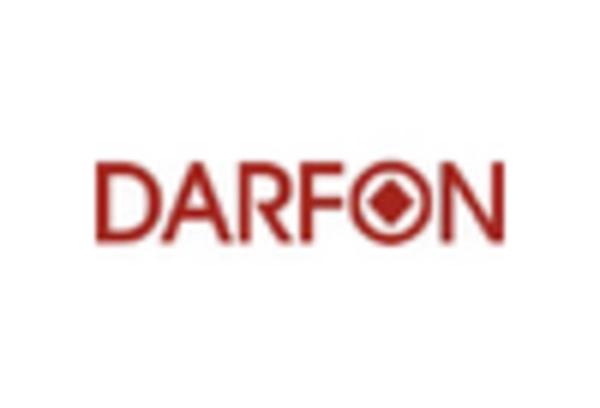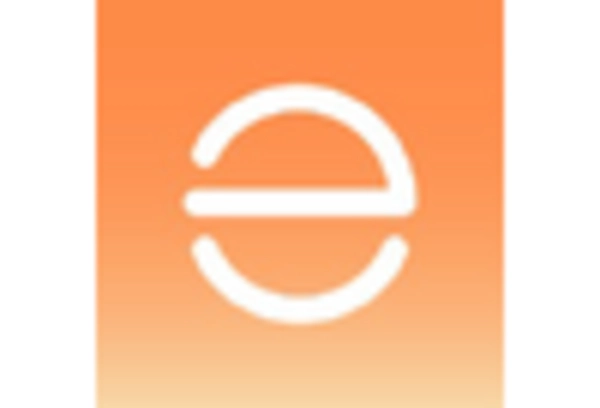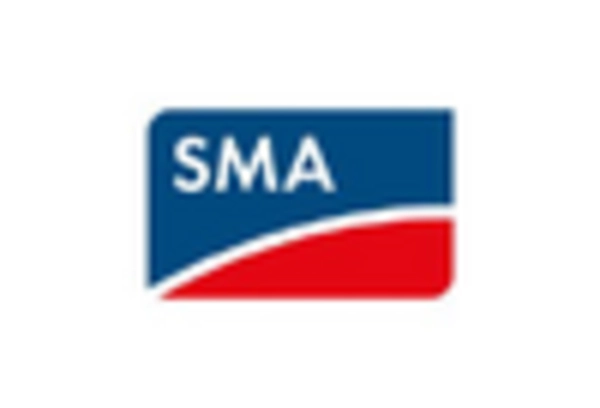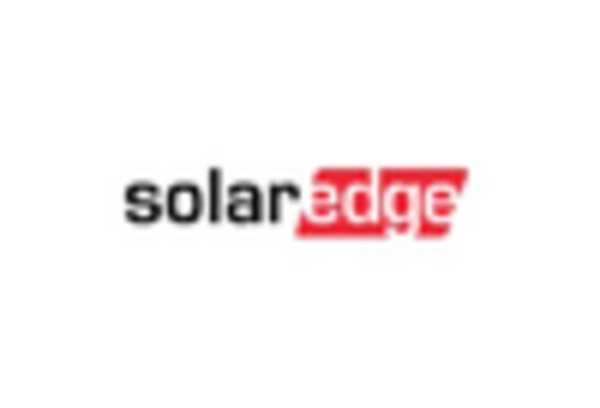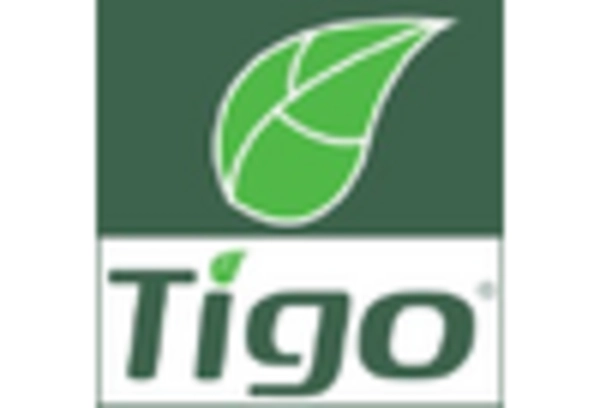Growing Focus on Energy Efficiency
The growing focus on energy efficiency among consumers and businesses is driving the micro inverter market. As energy costs rise, there is an increasing awareness of the need to optimize energy consumption. Micro inverters contribute to this goal by maximizing the output of solar panels, thus providing a more efficient energy solution. In 2025, energy efficiency measures are expected to save US consumers approximately $500 billion annually. This emphasis on efficiency aligns with the micro inverter market, as more users seek technologies that enhance energy production and reduce waste. Consequently, the demand for micro inverters is likely to rise as part of broader energy efficiency initiatives.
Rising Demand for Renewable Energy
The increasing demand for renewable energy sources in the US is a primary driver for the micro inverter market. As consumers and businesses seek to reduce their carbon footprint, the adoption of solar energy systems has surged. In 2025, the US solar market is projected to grow by approximately 20%, with micro inverters playing a crucial role in optimizing energy production. These devices enhance the efficiency of solar panels by allowing each panel to operate independently, thus maximizing energy harvest. This trend indicates a shift towards decentralized energy generation, where micro inverters are favored for their ability to improve system performance and reliability. Consequently, the micro inverter market is likely to experience significant growth as more households and commercial entities invest in solar technology.
Incentives and Financial Support Programs
Financial incentives and support programs from federal and state governments are significantly influencing the micro inverter market. Tax credits, rebates, and grants for solar energy installations encourage homeowners and businesses to invest in renewable energy solutions. For instance, the Federal Investment Tax Credit (ITC) allows for a 26% tax credit on solar systems installed before the end of 2025. Such financial benefits make solar energy more accessible, thereby increasing the demand for micro inverters, which are essential for optimizing solar panel performance. The micro inverter market is likely to see a boost as these incentives continue to promote the adoption of solar technologies across the US.
Increased Adoption of Smart Home Technologies
The increased adoption of smart home technologies is influencing the micro inverter market positively. As homeowners integrate smart devices into their living spaces, the demand for compatible energy solutions rises. Micro inverters, which can be easily integrated with home automation systems, allow users to monitor and control their solar energy production effectively. In 2025, the smart home market is projected to reach $150 billion, indicating a robust trend towards interconnected living environments. This synergy between smart home technologies and the micro inverter market suggests a promising future, as consumers increasingly seek energy solutions that align with their smart home aspirations.
Technological Innovations in Energy Solutions
Technological advancements in energy solutions are propelling the micro inverter market forward. Innovations such as smart grid technology and enhanced monitoring systems are being integrated with micro inverters, allowing for real-time performance tracking and improved energy management. In 2025, the market for smart solar inverters is expected to reach $1.5 billion, reflecting a growing preference for intelligent energy solutions. These innovations not only enhance the efficiency of solar installations but also provide users with valuable data on energy consumption and production. As the micro inverter market evolves, the incorporation of cutting-edge technology is likely to attract more consumers, further driving market growth.

